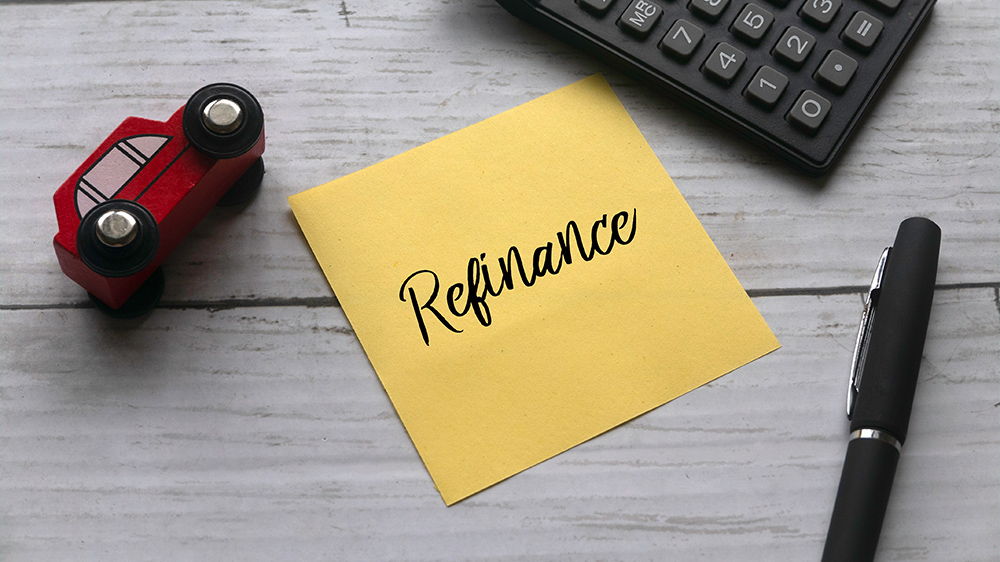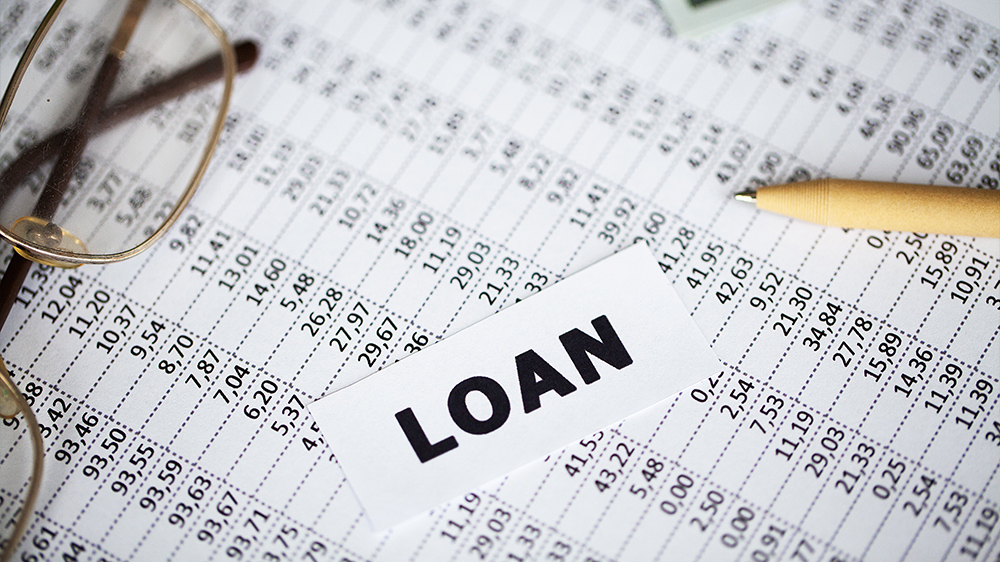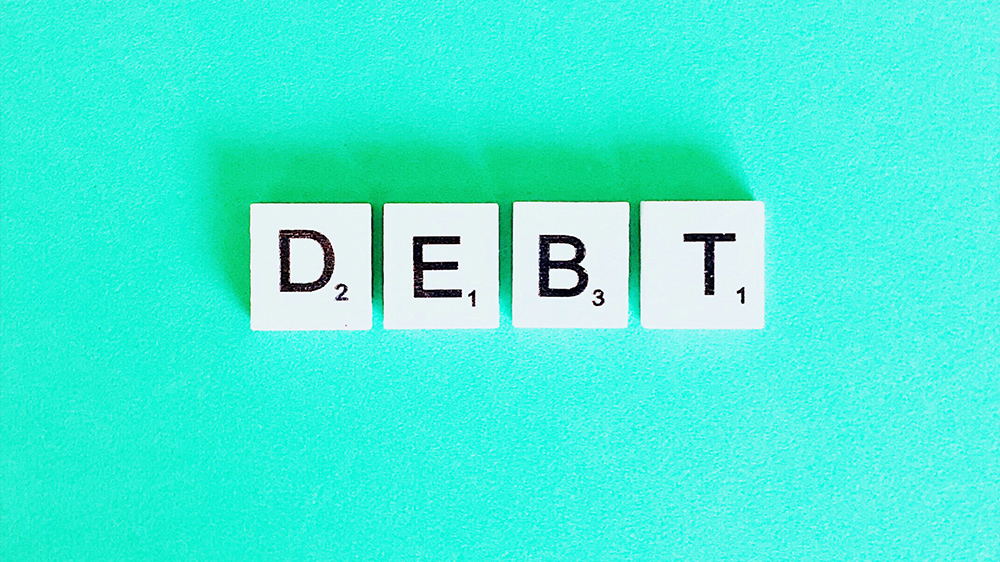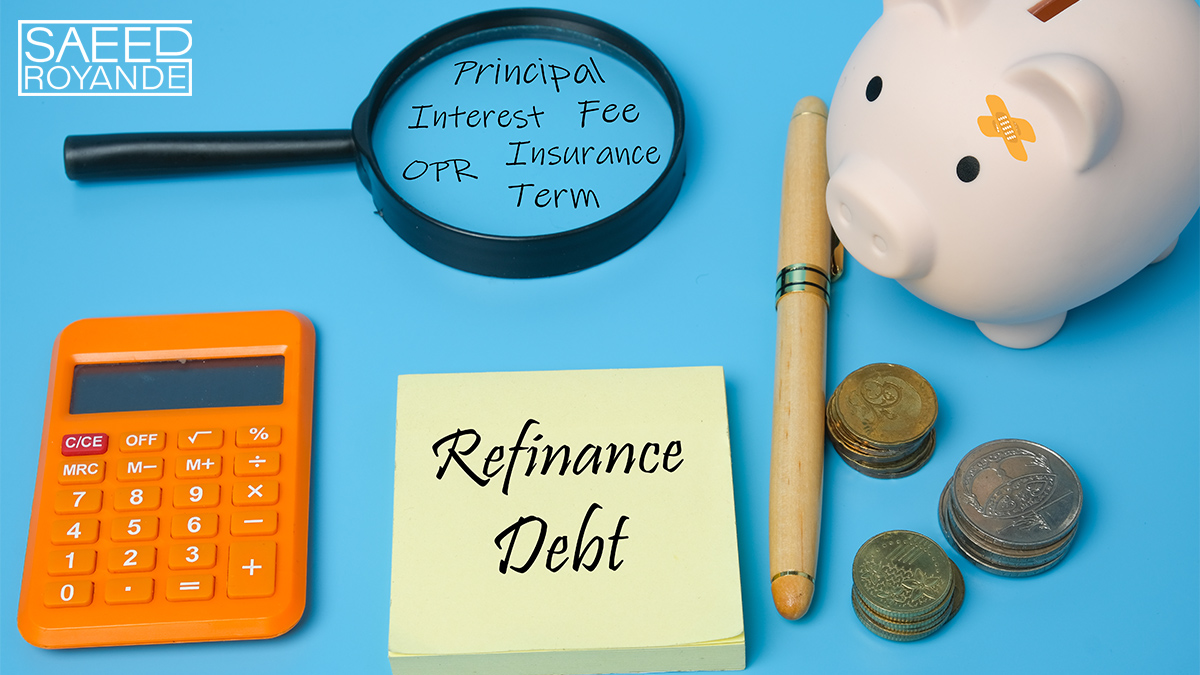When you refinance your debt, you replace your current loan with a new one that has better terms and conditions. When a borrower’s financial situation improves, or when interest rates drop dramatically, they may choose to refinance their debt. Borrowers can benefit from refinancing in several ways, including lower interest rates, smaller monthly payments, and access to both fixed and variable interest rates. Penalty fees, closing costs, and transaction fees are all things to consider while budgeting for a refinance. Therefore, before committing to a refinancing plan, debtors should consider all of the associated costs and benefits.
What Does it Mean to Refinance a Loan?
When a borrower finds a new loan with more advantageous terms, they are said to have refinanced their loan. By refinancing, a borrower replaces the conditions of an existing loan with those of a new loan taken out for the express purpose of paying off the previous loan. This gives them the option to renegotiate their loan for better terms, shorter payments, or an alternative payment schedule. Most conventional consumer loan providers also provide the opportunity to refinance. However, refinancing loans typically have slightly higher interest rates than purchase loans, especially for goods like mortgages and auto loans. Borrowers typically refinance to lower their monthly payments. Refinancing can often result in a more affordable interest rate. Loans are often refinanced by borrowers as a means of hastening their repayment. While a loan with a longer duration may have a cheaper monthly payment, the interest paid throughout the life of the loan will add up to a greater total cost. However, the advantage of refinancing can be diminished by the expense of paying the prepayment penalty on some loans, such as mortgages and auto loans.

What does it mean to refinance a loan
The Pros and Cons of Refinancing Debt
Borrowers can benefit from refinancing in several ways, including lower interest rates, smaller monthly payments, and access to both fixed and variable interest rates. Penalty fees, closing costs, and transaction fees are all things to consider while budgeting for a refinance. While refinancing might help you as an entrepreneur free up cash flow or increase the value of your assets, you should be aware of the risks involved in doing so. If you want to refinance your debt, it’s important to shop around and locate the best loan and lender for your needs. Here are some benefits and drawbacks of refinancing debt:
Pros:
- Lower interest rate and monthly payment: By taking advantage of market conditions or an improved credit score, refinancing can help borrowers reduce their interest rate and monthly payments.
- Shorter or longer repayment term: Refinancing also allows borrowers to change the length of their loan payments to meet their circumstances and preferences. To reduce interest expenses and achieve debt reduction more quickly, borrowers might refinance into loans with shorter terms and greater monthly payments. On the other side, if a borrower wishes to refinance their loan to a longer term with a lower monthly payment and higher cash flow, they can do so. However, if you extend your loan term, you may end up paying more in interest overall.
- Consolidate multiple debts into one: Debt consolidation through refinancing is a popular option since it helps debtors streamline their financial obligations.
- Switch from variable to fixed rate or vice versa: Refinancing allows borrowers to go from a variable interest rate to a fixed interest rate or vice versa, based on their goals and level of comfort with risk.

Pros and Cons of refinancing Debt
Cons:
- Prepayment penalty or exit fee: If the borrower pays off the new loan before its maturity date, the lender may charge a prepayment penalty or departure fee. This is due to the lender’s potential loss of interest income and the fees associated with the loan agreement being breached. Penalties and fees can range in cost from lender to lender and loan to loan. Borrowers should ask their current lender about any prepayment penalties or exit fees before refinancing.
- Closing costs or origination fee: The new lender may impose these fees to cover the costs of originating and closing the loan. A variety of administrative fees, such as those for an appraisal, title search, credit report, application, underwriting, and so on, may be included here. These expenses can range in price from one loan provider to the next. Therefore, before refinancing, borrowers should shop around to determine if the closing fees or origination fee will be worthwhile.
- Higher total interest cost over the loan term: If the borrower chooses a longer repayment period or a higher interest rate, the overall cost of the loan could go up after a refinancing.
- Risk of losing collateral or extending debt burden: Borrowers face potential dangers when they refinance, and those dangers vary with the nature and goal of the new loan. A borrower may be putting their house in danger if they take out a home equity loan to consolidate high-interest credit card debt or other unsecured debt and then default on both loans. However, a borrower’s debt burden and financial flexibility may increase if the borrower refinances to fund non-essential expenses, such as home improvements or a vacation.

Debt and Loan concept
What You Need to Know Before You Refinance Your Debt
Knowing these factors can help you make an informed decision about whether or not to refinance your debt. Some examples are as follows:
- Your current loan terms: Current loan information including interest rate, payment amount, principal balance, and due date is required. This will allow you to assess whether or not the benefits of refinancing outweigh the costs of your present loan.
- Your FICO rating: Your eligibility and available refinancing alternatives are tied directly to your credit score and credit history. A higher credit score opens the door to better borrowing rates and terms. If you have a low credit score, you may have fewer options or have to pay higher rates and fees.
- Your debt-to-income ratio: Determine how much of your monthly income is going toward debt payments (the “debt-to-income ratio”). With a smaller debt-to-income ratio, it will be clear that you can afford the new loan payments. If your debt service payments are too high relative to your income, you may not be able to get refinanced.
- Your Reasons for Refinancing: Before deciding to refinance your debt, you should consider why you want to do so and what you intend to gain. Do you want to consolidate your debts, reduce your monthly payments, pay off your debts more quickly, or use the money you borrow for something specific? Determine the right loan type and duration for your needs with the help of your refinancing goals.


